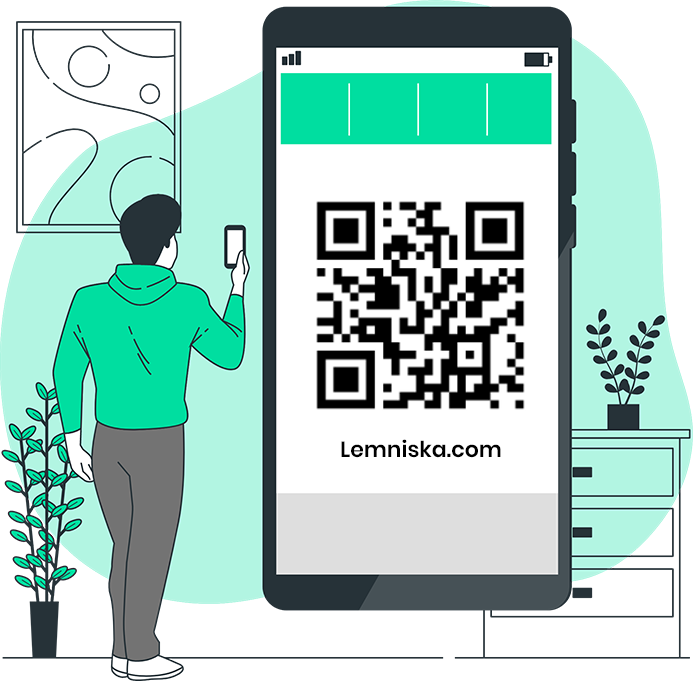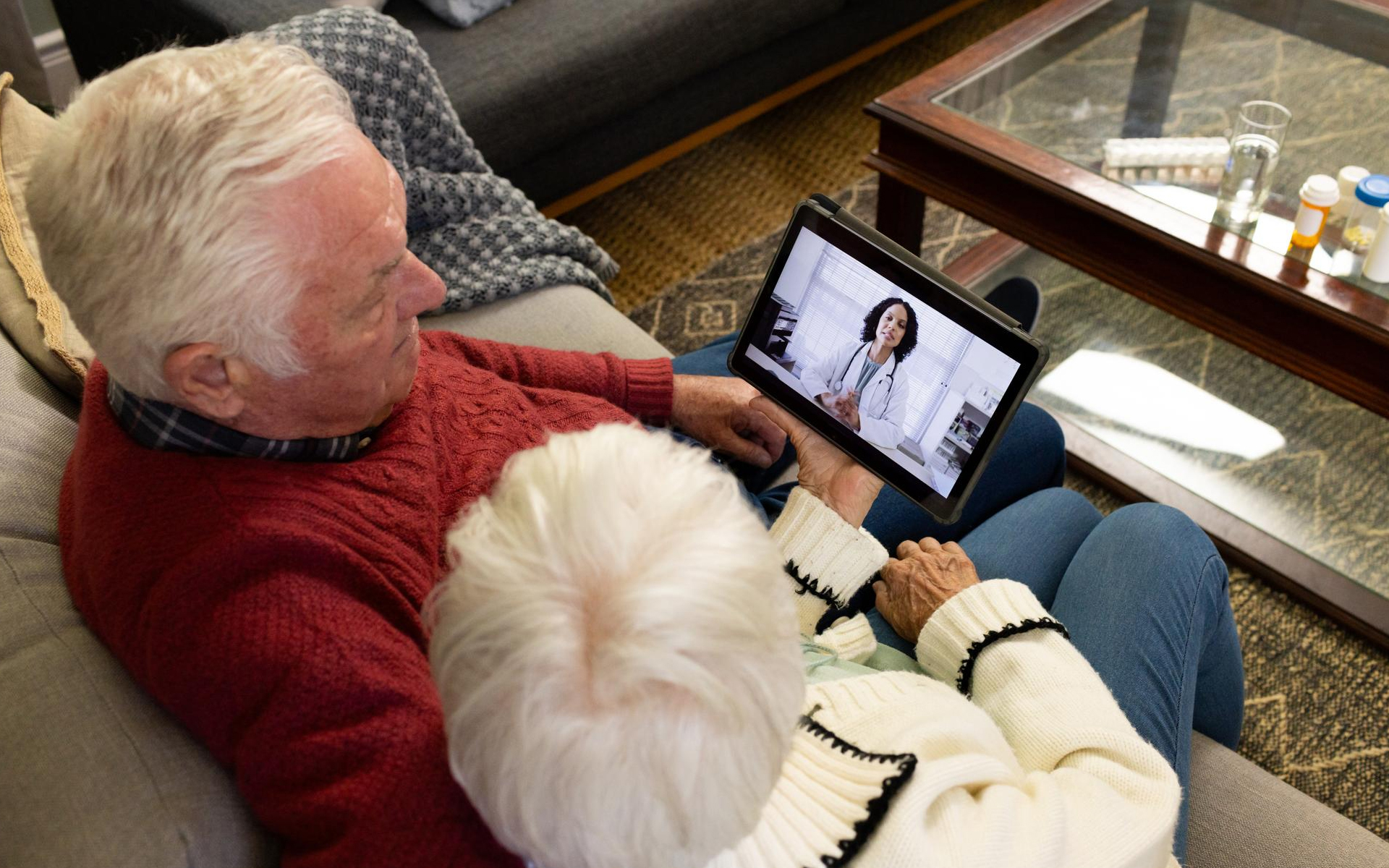As the global population ages, the demand for effective and innovative elderly care solutions has become increasingly critical. The advancement of technology has introduced a plethora of tools and devices designed to improve the quality of life for seniors, enhance their independence, and ensure their safety. From wearable health monitors to sophisticated home automation systems, the latest trends in elderly care technologies are reshaping how we support and care for the elderly.
Cutting-Edge Elderly Care Technologies
One of the most significant advancements in recent years is the development and integration of medical alert devices into elder care technologies. These devices are designed to provide immediate assistance in case of an emergency, ensuring that help is always just a button press away. Medical alert devices are becoming more sophisticated, incorporating features such as fall detection, GPS tracking, and even health monitoring capabilities.
Medical Alert Devices
Medical alert devices are a cornerstone of elderly care technologies, offering a lifeline for seniors living alone or those with health conditions that may require immediate medical attention. These devices come in various forms, including wearable pendants, bracelets, and even smartphone applications. They are equipped with buttons that, when pressed, connect the user to a call center staffed with emergency responders.
Fall Detection Technology
Falls are a major concern for the elderly, often leading to serious injuries or hospitalization. Modern medical alert devices now include fall detection technology, which automatically alerts emergency services if a fall is detected. This feature is crucial for providing timely assistance and can be life-saving in situations where the senior is unable to call for help themselves.
GPS Tracking and Location Services
For seniors with cognitive impairments such as dementia, GPS tracking and location services are invaluable. These features allow caregivers to monitor the location of their loved ones in real-time, ensuring their safety and providing peace of mind. If a senior wanders outside of a designated safe area, alerts can be sent to caregivers, enabling quick and effective responses.
Health Monitoring and Management
Beyond emergency response, medical alert devices and other elderly care technologies are increasingly incorporating health monitoring functions. Devices can track vital signs such as heart rate, blood pressure, and glucose levels, providing valuable data for both seniors and their healthcare providers. This continuous monitoring helps in early detection of potential health issues and enables proactive management of chronic conditions.
Home Automation And Smart Home Technologies
Home automation systems are another significant trend in elderly care technologies. These systems can control various aspects of a senior’s home environment, making daily living safer and more convenient.
Smart Lighting and Climate Control
Smart lighting systems can be programmed to turn on and off at specific times or in response to movement, reducing the risk of falls by ensuring adequate lighting. Similarly, smart thermostats can maintain a comfortable and safe indoor temperature, preventing issues related to extreme heat or cold.
Voice-Activated Assistants
Voice-activated assistants like Amazon Alexa and Google Home are becoming increasingly popular among seniors. These devices can perform a wide range of tasks, from setting medication reminders to controlling smart home devices, playing music, and even providing companionship through interactive conversations.
Remote Monitoring and Security
For example, door sensors can notify caregivers if a door is left open or if there is unexpected movement in the home.
Telehealth And Remote Consultation
These services allow seniors to consult with healthcare professionals remotely, reducing the need for in-person visits and minimizing exposure to illnesses.
Virtual Doctor Visits
Virtual doctor visits enable seniors to receive medical advice and prescriptions without leaving their homes.
Remote Physical Therapy
Remote physical therapy sessions can be conducted via video calls, allowing seniors to perform exercises and receive guidance from therapists in the comfort of their homes.
Artificial Intelligence and Machine Learning
Artificial intelligence (AI) and machine learning are driving innovation in elderly care technologies, offering predictive analytics and personalized care solutions.
Predictive Health Analytics
AI-powered systems can analyze health data to predict potential health issues before they become serious. For instance, changes in sleep patterns or activity levels can indicate underlying health problems.
Personalized Care Plans
Machine learning algorithms can create personalized care plans based on an individual’s health data, preferences, and needs. These plans can adjust over time as more data is collected, ensuring that care is always tailored to the senior’s current condition.
Robotics And Automation
Robotic technology is making significant strides in elderly care, providing assistance with daily tasks and offering companionship.
Assistive Robots
Assistive robots can help with tasks such as medication management, meal preparation, and mobility assistance. These robots can significantly enhance the independence of seniors, allowing them to live more comfortably and safely in their own homes.
Social Robots
Social robots are designed to provide companionship and reduce feelings of loneliness and isolation. They can engage in conversations, play games, and even remind seniors of important activities and appointments.











